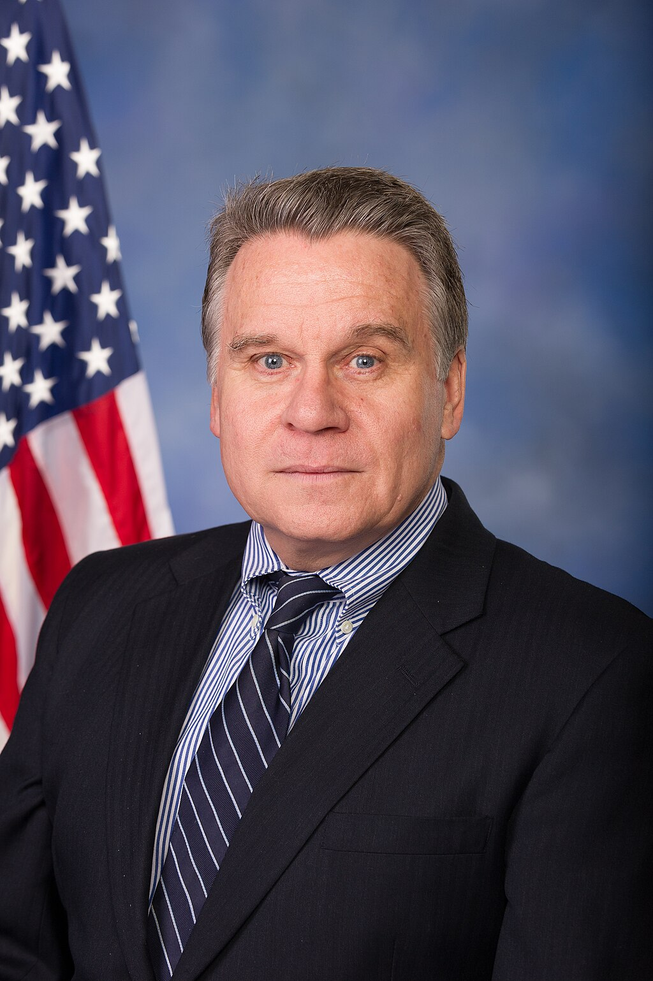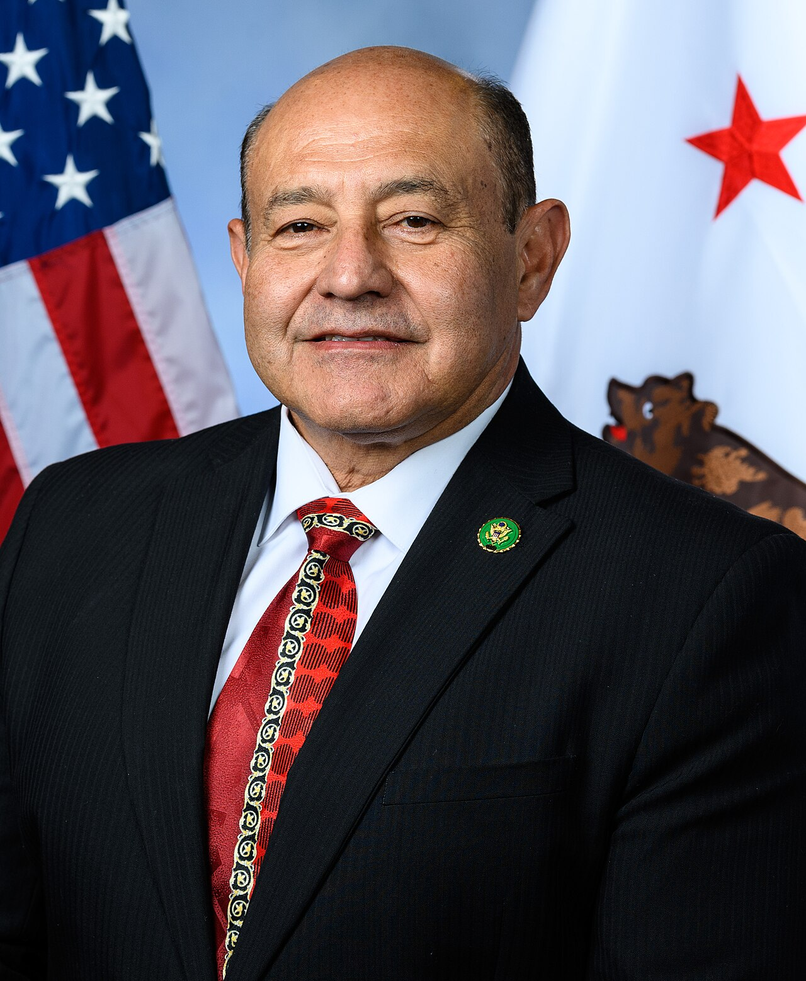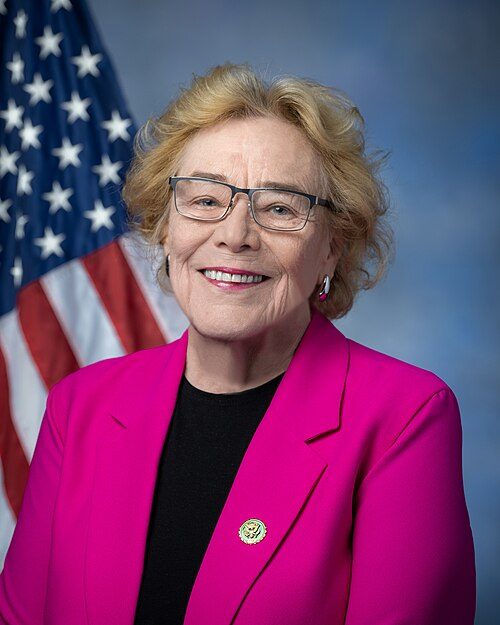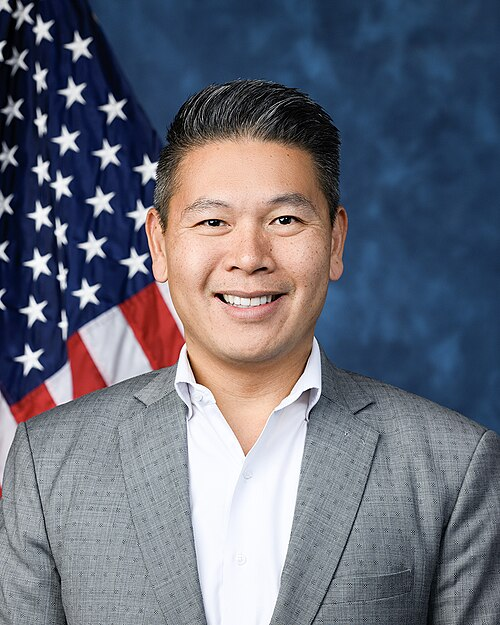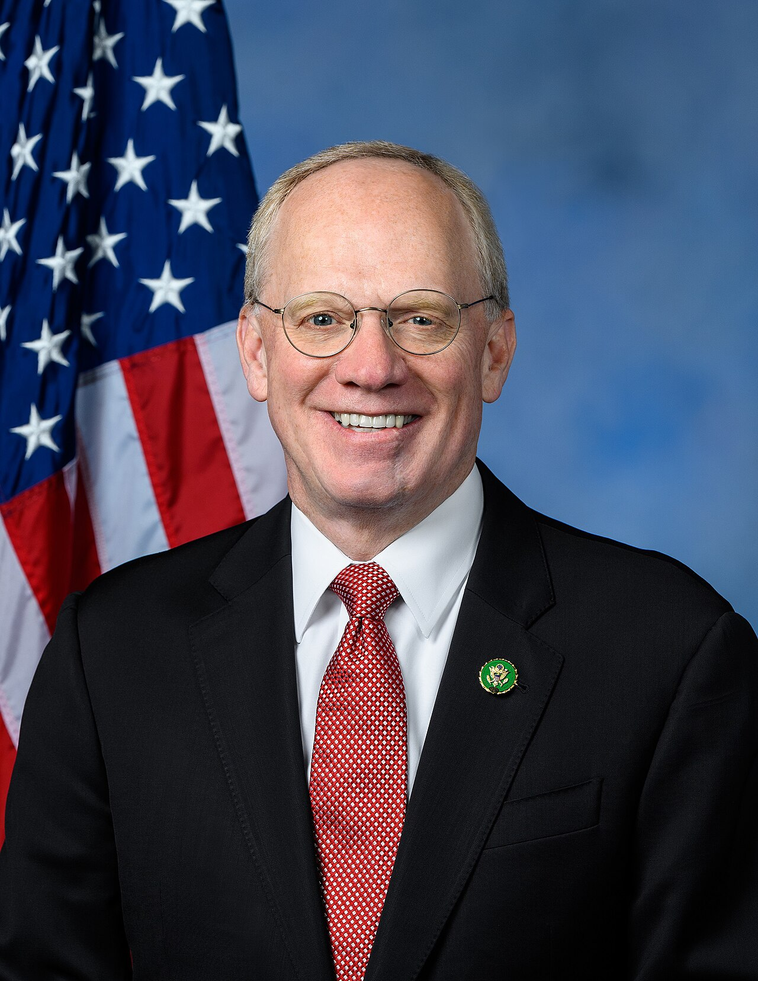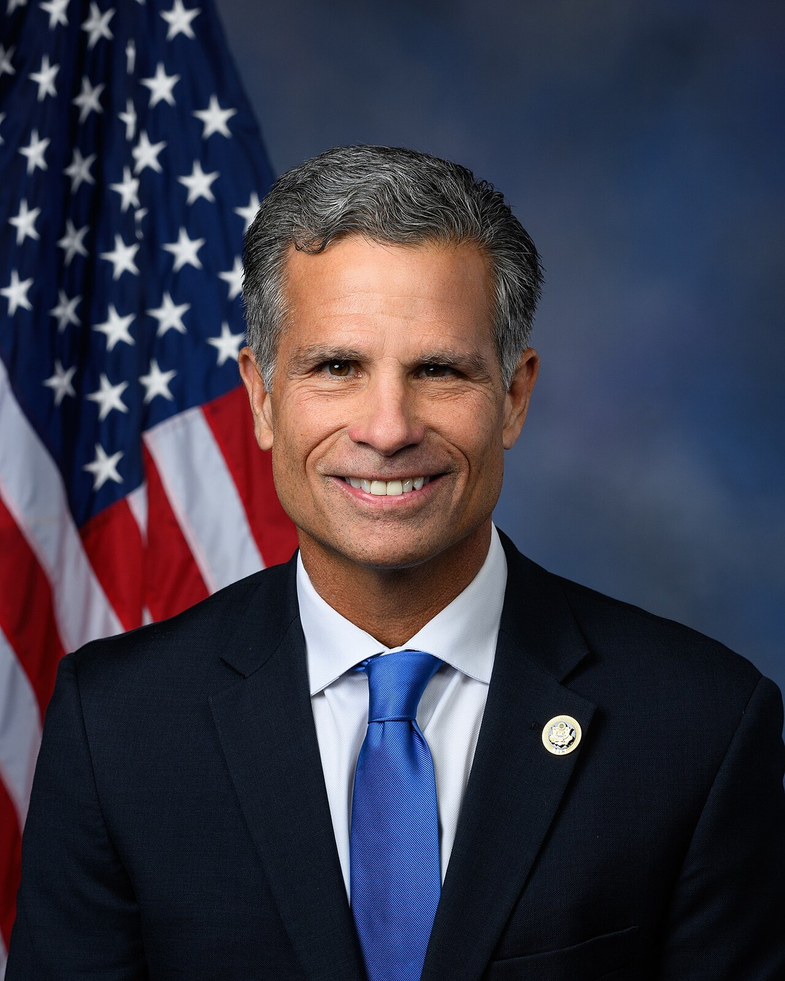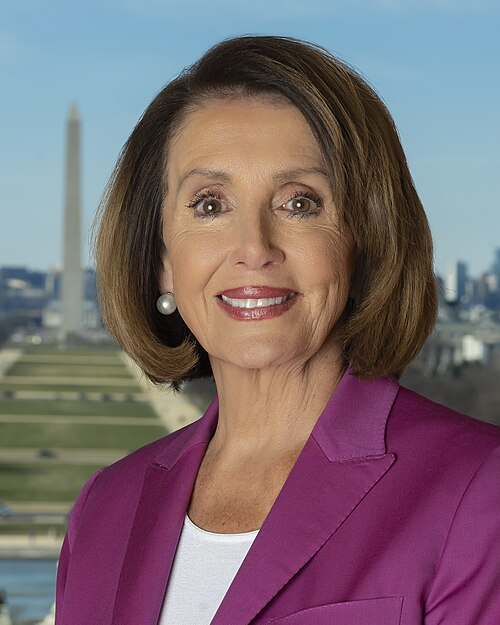H.R. 3122: Vietnam Human Rights Act
This bill, known as the Vietnam Human Rights Act, aims to enhance the United States' efforts to promote human rights and the rule of law in Vietnam. The primary goals and provisions of the bill can be summarized as follows:
1. Findings
The bill outlines several key findings regarding the relationship between the United States and Vietnam, highlighting that:
- Economic Growth: Since the end of the trade embargo in 1994, the economic relations between the two countries have increased significantly, with trade reaching approximately $124 billion in 2023.
- Human Rights Concerns: Despite economic expansion, there has not been a corresponding improvement in political freedoms and human rights within Vietnam.
- Authoritarian Governance: Vietnam is described as an authoritarian state governed by the Communist Party of Vietnam, with ongoing cooperation with the Chinese Communist Party.
- Political Arrests: The government of Vietnam has targeted activists and individuals involved in political expression, with instances of arbitrary arrests for human rights activism.
2. Statement of Policy
The bill states that it is the policy of the United States to:
- Integrate human rights considerations into all interactions with Vietnam, emphasizing that improvements in human rights are essential for continued diplomatic and economic relations.
- Monitor and report on Vietnam's respect for labor rights, advocating for the rights of workers and the acknowledgment of independent labor unions.
- Prevent the importation of goods made with forced labor, particularly from regions identified for human rights violations.
- Protect U.S. citizens and businesses from cyber-espionage and repression linked to the government of Vietnam.
3. Sanctions for Human Rights Violations
The bill mandates the U.S. government to assess reports regarding individuals in the Vietnamese government and impose sanctions on those responsible for:
- Arbitrary detentions or torture of individuals seeking human rights.
- Corruption and illicit activities associated with public or private assets.
- Censorship and detention for exercising freedom of expression, particularly online.
- Severe violations of religious freedom.
4. Actions to Combat Online Censorship and Surveillance
Recognizing Vietnam’s restrictive internet environment, the bill outlines U.S. policy to:
- Support a free and open internet in Vietnam, enhancing the flow of information.
- Pressure the Vietnamese government to cease demands on social media companies for censorship and personal data disclosure.
- Distribute tools to help circumvent censorship and promote the safety of individuals advocating for human rights online.
5. International Religious Freedom
The bill emphasizes the importance of religious freedom and calls for:
- Designation of Vietnam as a "country of particular concern" concerning religious freedom violations.
- Recognition and support for legislative measures aimed at improving religious freedom in Vietnam.
6. Annual Reports on U.S.-Vietnam Human Rights Dialogue
The bill requires the Secretary of State to report to Congress on:
- Progress in ending human rights abuses.
- Efforts to restore property to independent religious communities.
- Ongoing assessments of the safety and privacy of bloggers and journalists in Vietnam.
7. Definitions
The bill includes definitions related to its implementation, specifying terms like "internet" and "personally identifiable information."
Relevant Companies
- FB (Meta Platforms, Inc.): Likely to be impacted due to its operations in Vietnam, where it has faced requests for censorship and user data by the Vietnamese government.
- GOOGL (Alphabet Inc.): Similarly, Google may be directly affected as it also provides services in Vietnam and has complied with local censorship laws.
This is an AI-generated summary of the bill text. There may be mistakes.
Sponsors
5 bill sponsors
Actions
2 actions
| Date | Action |
|---|---|
| Apr. 30, 2025 | Introduced in House |
| Apr. 30, 2025 | Referred to the Committee on Foreign Affairs, and in addition to the Committee on the Judiciary, for a period to be subsequently determined by the Speaker, in each case for consideration of such provisions as fall within the jurisdiction of the committee concerned. |
Corporate Lobbying
0 companies lobbying
None found.
* Note that there can be significant delays in lobbying disclosures, and our data may be incomplete.
